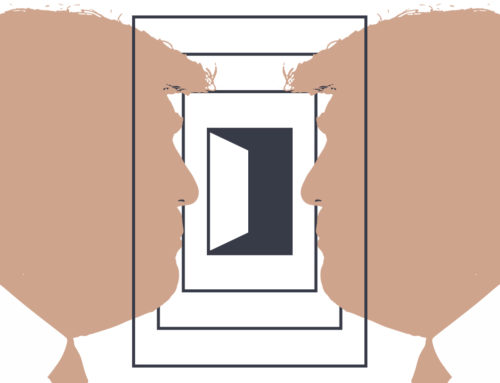By: Kenneth Smookler
The following is from a draft of a forthcoming book, with the working title Farr & Beyond: Lawyers for the Otherworldly.
Excerpts from the files of the law firm which is prepared to act for the inhabitants of fantastical lands and what may or may not be imagined times and places.
Judge’s ruling on motion for summary dismissal
This is a motion which has been brought by Dr. Frankenstein for summary dismissal of the action against him by the plaintiff, currently known as John Doe.
The grounds alleged by the defendant to be sufficient for the dismissal of this action are as follows together with my reasons for dismissal:
- The plaintiff has no name and no place of residence and, therefore, cannot be held responsible for costs.
The plaintiff, having been alive only 23 months is represented by the Official Guardian and therefore would not have been responsible for costs, in any case.
- The plaintiff, having been created by Dr. Frankenstein, is not a natural person and therefore has no standing in this court.
I trust the parties are aware that we have had eight so-called expert witnesses from the various fields of medicine, technology, philosophy and religion leading to eight different definitions of the words “natural person” and, remarkably, each one of these experts was able to prove that, according to his reasoning, all of the other experts were wrong, including those testifying on the same side. Accordingly I am forced to rule that there is no satisfactory definition of either “a natural person” or “a human being” sufficient to exclude the plaintiff and I find that this argument also fails.
- In the plaintiff’s Claim he alleges that Dr. Frankenstein was negligent in his actions and used materials that were below any reasonable standard in his creation. In his motion for dismissal the defendant claims that he used the best materials available to him and that, if any of the materials used were inferior, that was the fault of his assistant, Igor, and not the defendant himself.
During what is the longest number of days I have ever spent on such a motion we once again heard experts discussing what would be a reasonable standard under the circumstances. The one thing on which they all agreed was that the circumstances were unique and accordingly I am obliged to rule that it is necessary to hold a trial to determine whether there is, in fact, such a thing as a reasonable standard for the creation of a human being, once again assuming, as I must do, that a trial will indeed credit the plaintiff with the appellation “human being”.
In addition, I am forced to hold that the assistant, Igor, was acting as the defendant’s agent and just because the defendant chose as his assistant an agent clumsy enough to drop a human brain and render it unsuitable for the doctor’s purpose, forcing the said Igor to procure a less satisfactory brain, this reflects only on the defendant’s inability to employ proper help.
- Finally, the defendant claims that, since the plaintiff was his, the defendant’s, creation he is the property of the defendant and therefore cannot, in law, be allowed to sue his owner.
We return to the question of whether the plaintiff is “a human being” and, as I have ruled above, this is a question of sufficient public policy that it requires a full-scale trial for determination. Furthermore, I must point out to the defendant that if he persists in his claim that he owns the plaintiff; and the plaintiff is ruled at trial to he a human being, defendant may not only lose this case he may also find himself subject to the criminal penalties involved in cases of slavery. As an aside I would note that the defendant himself has used the term “he” rather than “it” in referring to the plaintiff, indicating an unconscious uncertainty in the defendant’s own mind as to the status of the plaintiff.
For all of the above reasons I must find against the defendant, permit the plaintiff to bring his case to trial but, since there are major questions of public policy, it follows that I will not award any costs of this motion, the decision as to costs to be left to the trial judge.








Very fun article!
I wonder if any of the “expert witnesses” called upon by the Court in this case sought to apply Aristotelian definitions to the term, “natural person”.
Is “John Doe” capable of reason? Is he political? Could he be called a “political animal”?!?
Does the firm of Farr & Beyond represent space aliens? I would like to read about some of the issues regarding jurisdiction when it comes to space aliens. Can earth courts even try them?
I think that the Belgians repealed their “law of universal jurisdiction” in 2003. Too bad. That might have done the trick for scofflaw space aliens.
Nowadays I think the space alien would have to be a Belgian citizen or present in Belgium for the relevant laws to apply. If there were such a thing as a Belgian astronaut, I guess a space alien could just kill him with impunity. Kind of takes the teeth out of justice.
Space aliens would be fine, but I would like Farr & Beyond to get involved in Plato’s Apology. Would the firm’s attorneys be willing to either prosecute or defend Socrates’ daimon?